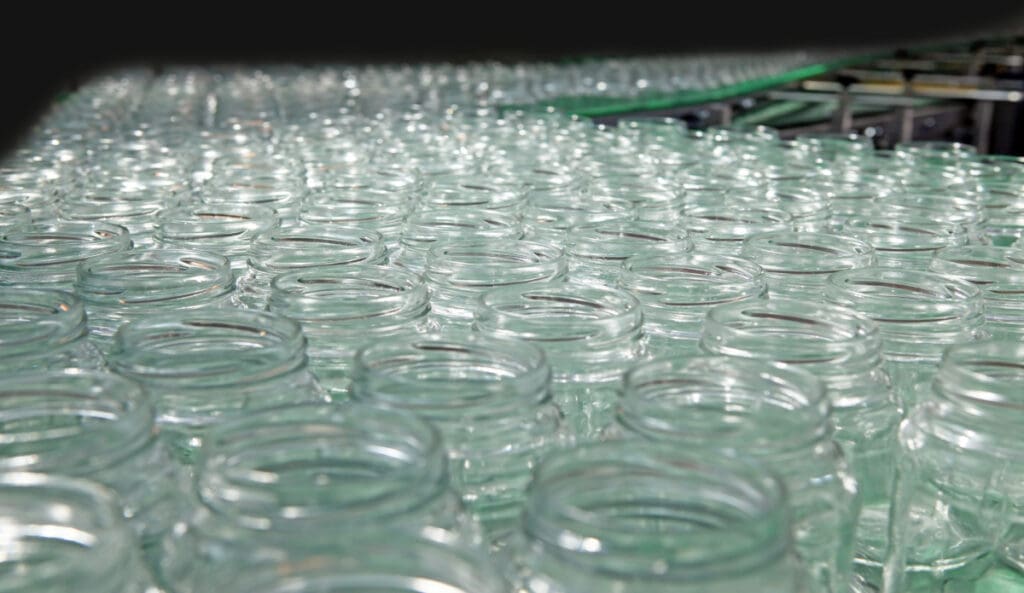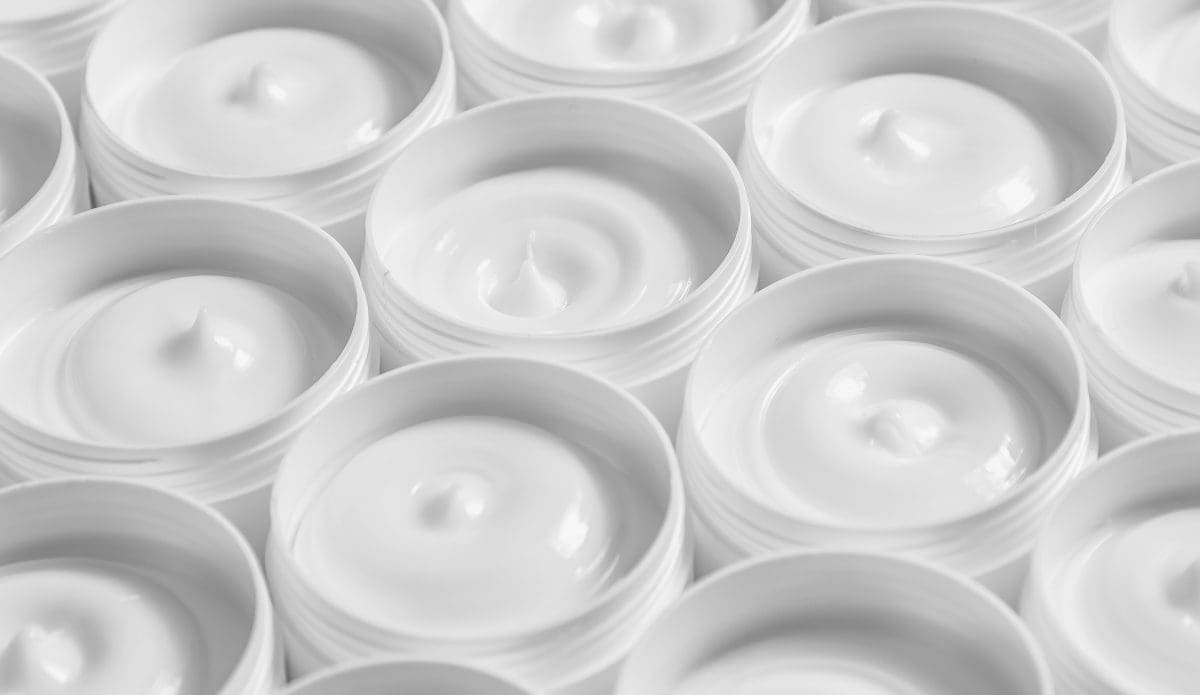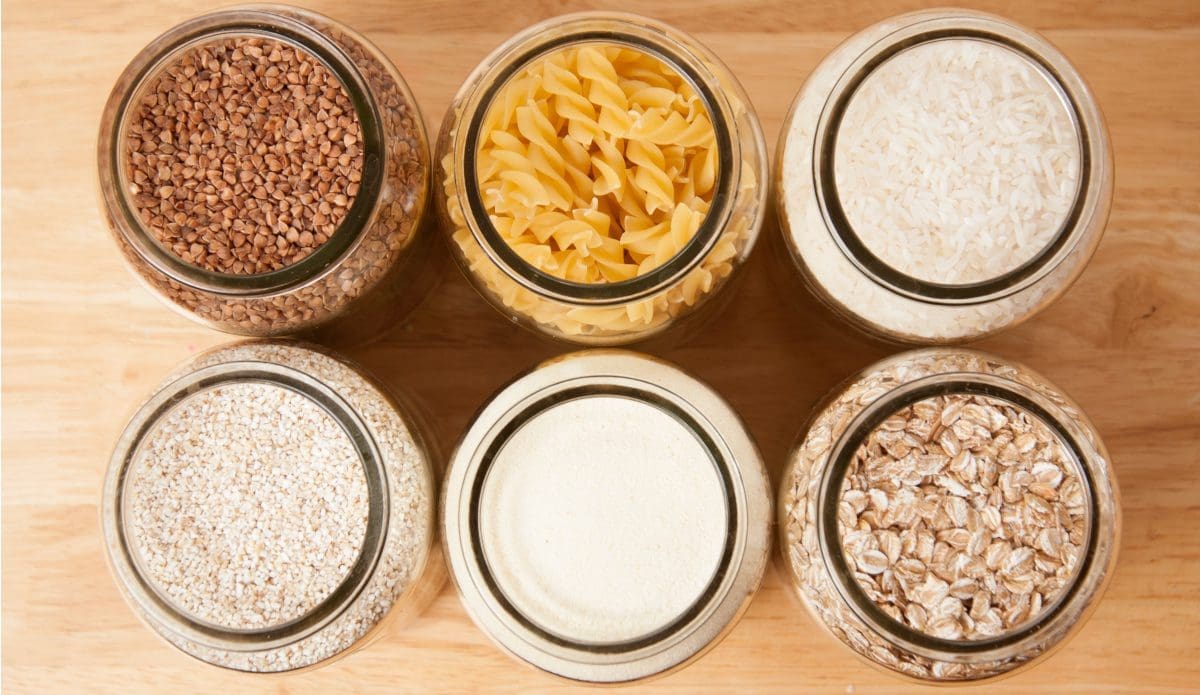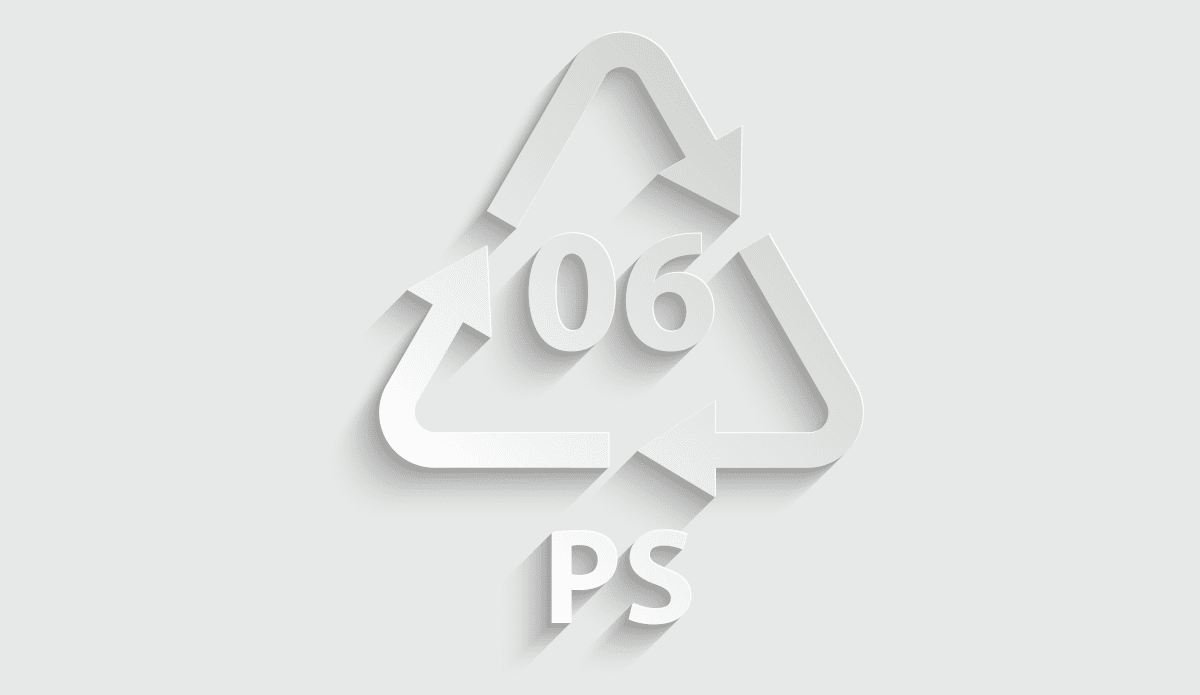Is glass better for packaging, or plastic? Is one better or worse for the environment? The answers might surprise you.
We’ve been told that glass is endlessly recyclable, that it’s elegant and classy, and doesn’t react to food or cosmetic ingredients. And that is certainly all true. But, for the majority of organisations choosing packaging, the best option is plastic.
The Benefits of Glass Packaging
Glass is made from silica which is extracted from sand. It’s a natural product which first started being used around 4000 years ago, in Mesopotamia. It has stood the test of time as being inert, safe for packaging food and drinks, and has developed a reputation as being stylish and refined. It looks great, whether it’s a crystal clear bottle for drinks, or a frosted jar for delicious preserves.
Glass can be recycled infinitely, and remains pure and food-safe, regardless of the number of times it’s been made and remade. Depending on the type of glass, it’s safe to heat too, so you can use it from packaging, to microwave or oven, to table.
But as we continue to recycle more plastic and have developed safer plastic containers, it now is a better option than glass.
The Challenges Facing Glass as Packaging
While plastic has a PR issue, more and more people are realizing that it is the more cost-effective, versatile, and eco-friendly option. How is this the opposite of everything we thought we knew?
- Glass is made from silica sand, and there is a looming global sand shortage
- The mining of silica sand can expose people to acute silicosis, a lung disease caused by silica dust inhalation
- The areas mined can be significantly damaged from mining, causing deterioration of land
- To recycle glass, it requires high temperatures which adds to its global footprint
- Glass weighs between 7 to 40 times more than plastic. This adds a huge effect to its climate impact, as transportation requires more fuel the heavier weight
- Glass is breakable, so requires more packaging to protect the jars
What About Plastic Jars and Packaging?
Plastic, as long as it is recycled, has a far smaller carbon footprint than glass. Contrary to populist belief, it does degrade in a similar timeframe to other packaging like paper bags or timber. A life cycle analysis shows that plastic causes less environmental harm than glass (mostly due to the high melting point of glass and freight cost due to extra weight).
That said, choosing the right type of plastic is important. This is important for food, beverage, and pharmaceutical packaging to ensure the plastic doesn’t react or leach chemicals.
In NZ, we don’t recycle everything in the country, so choosing a plastic type that is recycled inside NZ is important to maintain low miles and high levels of recycling.
So When Should You Use a Glass Container?
Somewhat controversially, there is no circumstance where glass is 100% the best answer. While it:
- Gives a premium feel to the product
- Is safe for use in the microwave and oven
- Is inert, non-permeable
All of these things can be achieved by plastic too (silicon can be used in the oven). Moreover, plastic achieves all of this while being more environmentally friendly. However, there is consumer perception to take into account, and glass is viewed as a great, recyclable, environmentally friendly option. We have an extensive range of Glass jars and packaging :
We are happy to chat to you to decide if our range of wholesale glass jars are right for your product. Whether you’re looking for large or small glass jars in NZ, we can help.
What Plastic is Best For You?
Think about the following:
- PET plastic jars are strong, stable, inert, and high resistant to biological or chemical reactions. We have a range of PET jars and their crystal clear finish, alongside the strong and durable qualities, make them perfect for food items and health products. Whether it’s square PET jars, round PET jars, hexagonal plastic jars, or spice jars, our range is versatile and highly functional. PET can be recycled in NZ.
- HDPE is incredibly strong, flexible, weatherproof, and has good chemical or corrosion resistance (except some acids). It’s easy to fabricate and machine and can be recycled in NZ.
- Polypropylene (PP) is the other type of plastic that can be recycled in NZ itself. It’s rigid and resistant to chemical corrosions. It resistant to use, so it functions well as lids or other containers that are intentionally bent or manipulated regularly.
Unsure what’s best? Chat to us at Comag. We have a long history of helping manufacturers find the perfect packaging for their product. Whether you’re wanting PET plastic jars with lids or glass jars, in NZ we have a wide range in stock and ready for you.




